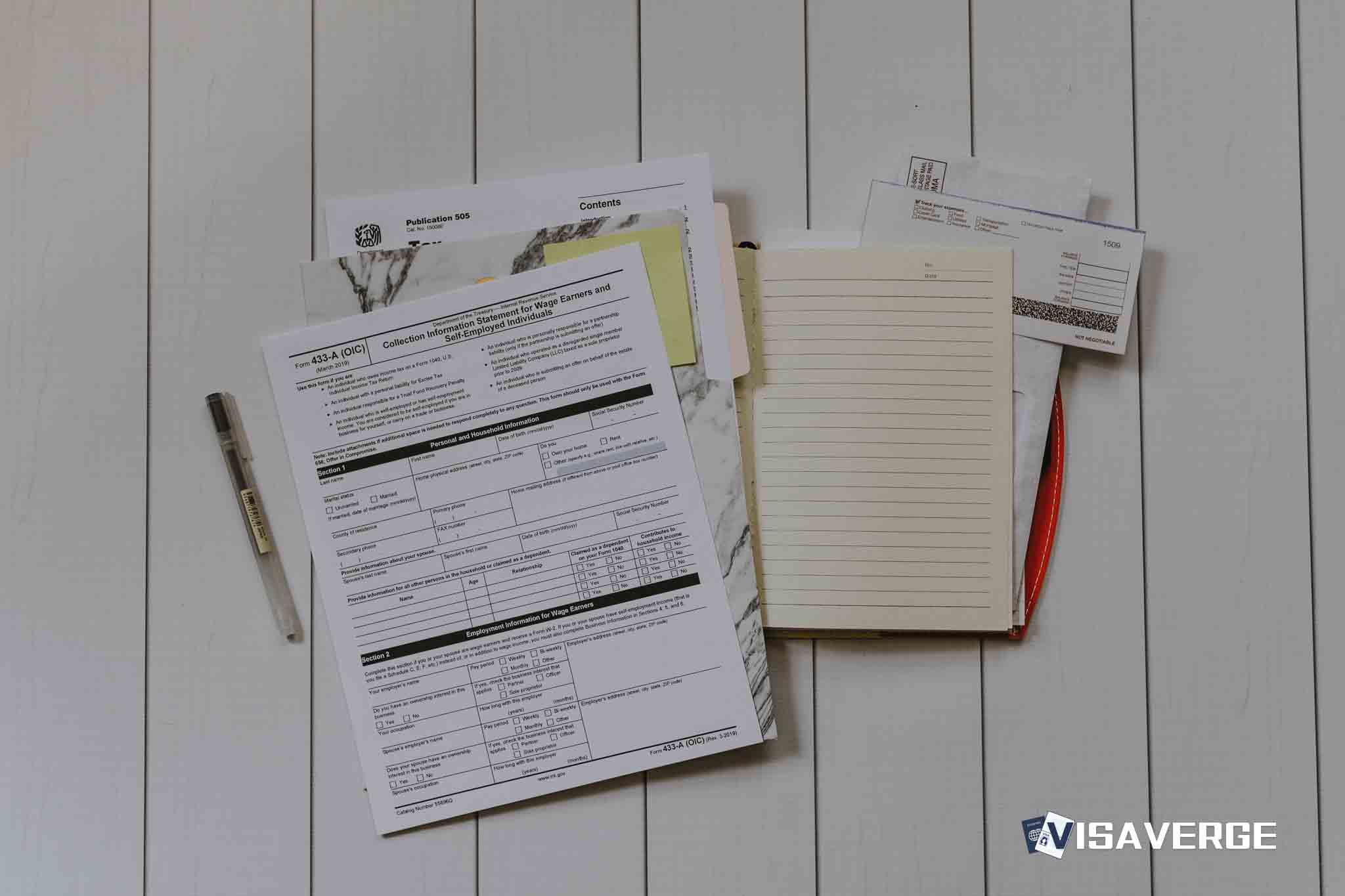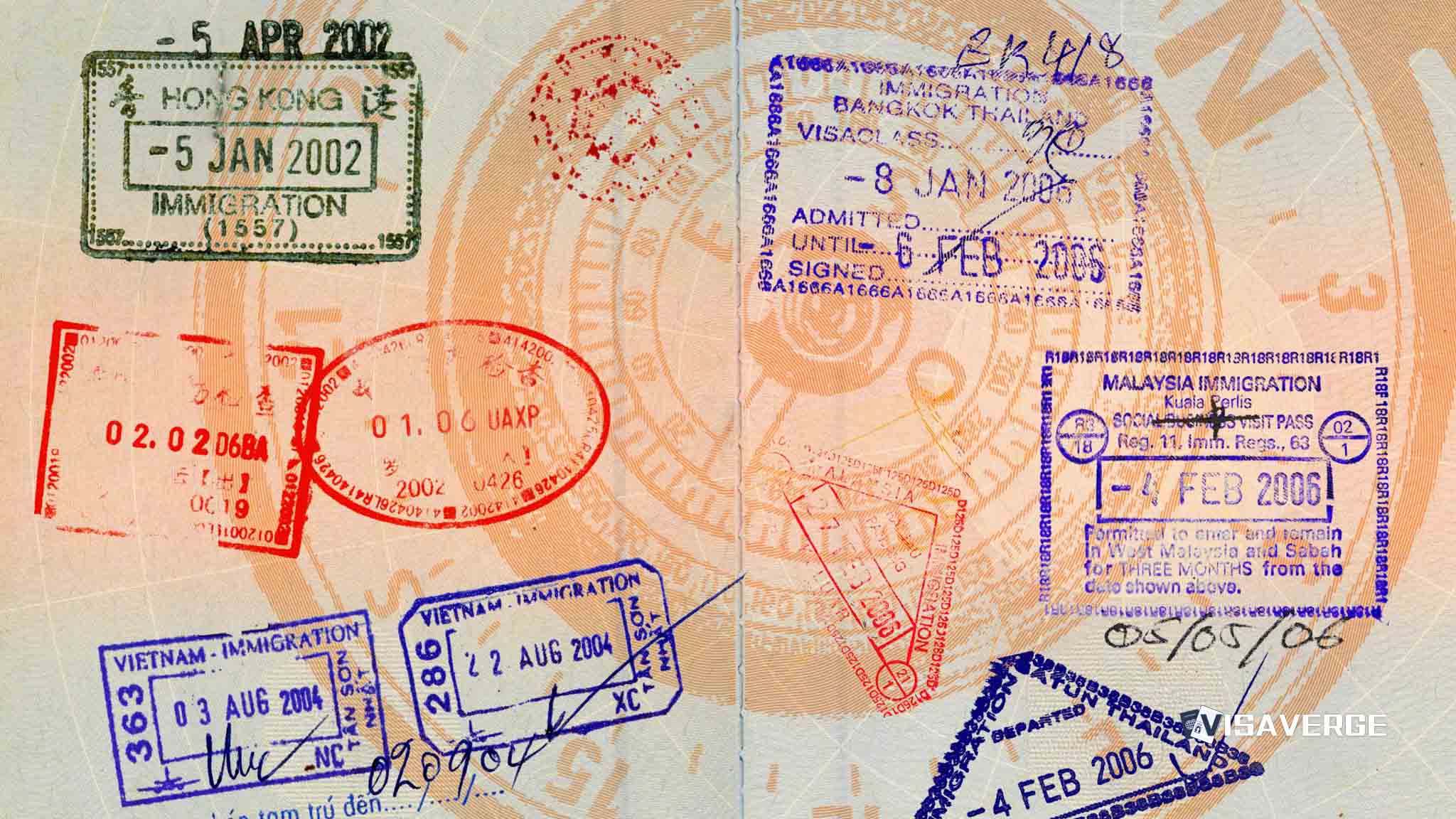Understanding the Changes in UK to EU Personal Goods Shipment Post-Brexit
Brexit, which materialized when the United Kingdom officially parted ways with the European Union, has led to significant changes in the way personal goods are shipped between the UK and EU countries. In this post, we’ll guide you through the Brexit impact on personal goods delivery, and explain what Brexit shipping changes mean for you.
Brexit Shipping Changes: What You Need to Know
Before Brexit, sending personal goods from the UK to EU countries was straightforward due to the single market’s alignment. However, since the transition period ended, the UK is no longer part of the EU Customs Union. This means that shipments are now subject to customs checks and declarations, which can affect both the cost and time taken for deliveries.
The New Norm for UK to EU Personal Goods Shipment
If you’re looking to ship personal goods from the UK to any of the EU member states, here’s what you’ve got to keep in mind:
- Customs Declarations: Every package sent to the EU needs a customs declaration form. This typically includes information about the contents and their value.
- Potential Tariffs: Depending on the value and nature of the goods, tariffs may be applied. This was not a concern pre-Brexit when goods moved freely.
- Regulatory Hurdles: Certain goods may now require additional certifications or inspections. This is especially relevant for items like agricultural products or chemicals.
Practical Tips for Personal Goods Delivery After Brexit
- Check Required Paperwork: Ensuring correct documentation is crucial. Visit the official UK Government’s website for guidance on exporting goods.
- Understand VAT Implications: VAT rules have changed. Some goods might incur charges at the point of delivery. Be sure to understand who is liable for these costs before shipping.
- Use Reliable Couriers: Opt for couriers who are experienced in international shipments and understand the new regulations.
The Realities of Brexit Impact on Personal Goods Delivery
Many individuals have felt the effects of these new regulations as delivery times have become less predictable and costs have, in some instances, risen. It is essential to stay informed of these changes and their implications on postage and package delivery services.
Preparation is Key
To avoid potential delays and additional costs, preparation is essential. Ensure that you:
- Gather Information: Stay updated on the regulations via government resources and official notices.
- Expect Delays: Anticipate and plan for potential delays in transit, especially during initial adjustment periods or peak season.
- Communicate: If you’re sending personal items to someone in the EU, communicate the changes to them so that they are also prepared for potential additional costs or wait times.
Final Thoughts
The shipment of personal goods from the UK to EU countries has undoubtedly become more complex post-Brexit. By staying informed and preparing accordingly, you can navigate these changes with minimal disruption.
Remember, the Brexit impact on personal goods delivery is an evolving situation, and keeping a close eye on official updates and regulations will help you mitigate challenges that come your way. For the most current and detailed guidance, always refer to the official HM Revenue & Customs site and seek advice if necessary.
Shipping the items you care about should not be a source of stress. With the right knowledge and a proactive approach, you can continue to send and receive items across borders with confidence.
Expert Insights
Did You Know?
- Immigration Patterns in the UK: The Brexit referendum in 2016 was driven, in part, by concerns about immigration. However, it is interesting to note that immigrants and their descendants have been a vital part of the UK’s history for centuries. From the Huguenots in the 17th century to Jewish refugees in the 20th century, immigrants have made significant contributions to the culture, economy, and social fabric of the UK.
- The Impact of Immigration on the Economy: Contrary to popular belief, immigration has a positive impact on the UK economy. According to research by the Centre for Economic Performance at the London School of Economics, immigrants are more likely to be employed and less likely to claim welfare benefits compared to native-born citizens. They also contribute significantly to the tax revenue and overall economic growth.
-
The United States as an Immigration Hub: When it comes to immigration, the United States has been a desired destination for individuals around the world. In fact, between 1820 and 2019, approximately 85 million people migrated to the United States. This immense influx of immigrants has shaped the country’s history, culture, and economic development.
-
The Impact of Immigrant Entrepreneurs: Immigrant entrepreneurs play a crucial role in driving innovation and economic growth in their host countries. In the United States, for example, immigrant-owned businesses have generated billions of dollars in revenue and created numerous job opportunities. Some notable examples include tech giants like Google, Intel, and Tesla, all founded or co-founded by immigrants.
-
The Challenges of Immigrant Integration: While immigrants contribute to their host countries, they often face various challenges in the process of integration. Language barriers, cultural differences, and discrimination can hinder their access to education, employment, and social services. Governments and communities play a significant role in creating inclusive policies and fostering a welcoming environment for immigrants.
-
Refugee Resettlement Programs: Refugee resettlement programs provide a lifeline for individuals fleeing persecution and violence. The United States, Canada, Australia, and several European countries have established programs to help refugees rebuild their lives and find safety. These programs involve extensive vetting and support services to ensure the successful integration of refugees into their new communities.
-
The Importance of Family Reunification: Family reunification plays a central role in many immigration systems. Allowing immigrants to be reunited with their immediate family members not only promotes social cohesion but also supports emotional well-being and stability. Family reunification programs help foster a sense of belonging and ensure the continuity of family ties across borders.
-
The Contributions of Cultural Diversity: Immigration brings a wealth of cultural diversity to host countries. It enriches societies with new perspectives, traditions, and cuisines, fostering cross-cultural understanding and appreciation. This diversity enhances the cultural fabric and contributes to the vibrant and dynamic character of nations around the world.
-
The Global Refugee Crisis: The world is currently facing a global refugee crisis, with more than 25 million people forced to flee their homes due to conflict, persecution, or human rights violations. This humanitarian challenge calls for international cooperation, compassion, and support in providing shelter, protection, and opportunities for refugees to rebuild their lives.
-
Immigration and the Aging Workforce: Many developed countries, including the UK and the United States, face an aging population that poses challenges to their economies and social welfare systems. Immigration can help alleviate this issue by replenishing the labor force, addressing skill shortages, and contributing to the sustainability of pension and healthcare systems.
These immigration-related facts shed light on the multifaceted aspects of immigration, emphasizing its historical significance, economic impact, and social implications. By exploring these lesser-known facts, we can gain a deeper understanding of the complexities and benefits associated with immigration.
Learn today
Glossary or Definitions:
- Brexit: The withdrawal of the United Kingdom from the European Union, resulting in changes to various aspects of the UK’s relationship with EU countries, including immigration policies and trade agreements.
- EU Customs Union: An agreement among European Union member states to eliminate tariffs and establish a common external tariff on goods imported from outside the union. The UK’s withdrawal from the EU means it is no longer part of this customs union.
-
Customs Declarations: Documentation required for packages sent to EU countries after Brexit. It includes information about the contents of the package and their value, which is necessary for customs checks and declarations.
-
Tariffs: Taxes or duties imposed on imported goods. Depending on the value and nature of the goods being shipped, tariffs may be applied to packages sent from the UK to EU countries.
-
Regulatory Hurdles: The additional certifications or inspections that certain goods may need to go through after Brexit. These hurdles are particularly relevant to items like agricultural products or chemicals and may increase the complexity and time required for shipping.
-
VAT (Value Added Tax) Implications: Changes in the VAT rules after Brexit may result in charges being incurred at the point of delivery for some goods. It is essential to understand who is liable for these costs before shipping items from the UK to EU countries.
-
Couriers: Shipping companies or services that transport goods from one location to another. It is recommended to select experienced couriers that understand the new regulations and have expertise in international shipments.
-
Delays: Potential disruptions in the transit of goods due to the changes and adjustments resulting from Brexit. It is important to anticipate and plan for delays, especially during initial adjustment periods or peak seasons.
-
Preparation: The actions taken to ensure compliance with new regulations and minimize delays and additional costs for shipping personal goods. Gathering information, staying updated on regulations, and communicating changes to recipients are important aspects of preparation.
-
Official Updates: Timely and accurate information provided by governmental resources, such as the UK Government’s official website and the HM Revenue & Customs site, regarding changes in immigration policies and shipping regulations post-Brexit.
-
Peak Season: Periods of high demand and increased shipping activity, such as holidays, during which delays in transit may occur more frequently.
-
HM Revenue & Customs: The UK government department responsible for the collection of taxes and the implementation of customs regulations. Their website provides official guidance and information on shipping regulations and post-Brexit changes.
-
Mitigate: To reduce or minimize the negative impact or challenges associated with changes in immigration policies and shipping regulations. Staying informed and taking proactive measures can help mitigate potential disruptions or additional costs in shipping personal goods after Brexit.
So there you have it, my tech-savvy pals! Shipping personal goods from the UK to the EU has definitely gotten a bit trickier thanks to Brexit. But fear not! Arm yourself with knowledge, prepare those customs declarations, and choose experienced couriers. And if you want more juicy info on this topic, head over to visaverge.com. They’ve got all the details! Happy shipping! 🚚✨📦
FAQ’s to know:
FAQ 1: What are the changes in personal goods shipment between the UK and EU post-Brexit?
The changes in personal goods shipment between the UK and EU post-Brexit are significant. Before Brexit, personal goods were shipped freely due to the alignment in the single market. However, since the UK is no longer part of the EU Customs Union, shipments now require customs declarations, which may affect both the cost and time taken for deliveries.
FAQ 2: What are the key considerations for shipping personal goods from the UK to the EU after Brexit?
When shipping personal goods from the UK to the EU after Brexit, there are several key considerations to keep in mind:
- Customs Declarations: Every package sent to the EU requires a customs declaration form, including information about the contents and their value.
- Potential Tariffs: Depending on the value and nature of the goods, tariffs may be applied, unlike in the pre-Brexit period.
- Regulatory Hurdles: Certain goods may now require additional certifications or inspections, particularly for items like agricultural products or chemicals.
FAQ 3: How can I navigate the impact of Brexit on personal goods delivery?
To navigate the impact of Brexit on personal goods delivery, consider the following practical tips:
- Check Required Paperwork: Ensure correct documentation by referring to the official UK Government’s website for guidance on exporting goods.
- Understand VAT Implications: VAT rules have changed, and some goods might incur charges at the point of delivery. Understand who is liable for these costs before shipping.
- Use Reliable Couriers: Choose experienced couriers who understand international shipments and the new regulations to avoid potential issues.
By staying informed, preparing ahead of time, and communicating with recipients, you can navigate the complexities and minimize disruptions in personal goods delivery after Brexit.
What did you learn? Answer below to know:
- True/False: Since Brexit, personal goods shipped from the UK to EU countries no longer require customs declarations. (Keywords: personal goods, Brexit, customs declarations)
- Which type of goods may now require additional certifications or inspections when shipping from the UK to EU countries post-Brexit? (Keywords: goods, additional certifications, inspections, UK, EU, Brexit)
a) Clothing and accessories
b) Books and stationery
c) Agricultural products and chemicals
d) Electronics and gadgets - What is one practical tip to ensure smooth personal goods delivery from the UK to EU countries after Brexit? (Keywords: practical tip, personal goods, UK, EU, Brexit)
a) Use reliable couriers experienced in international shipments
b) Send items as gifts to avoid customs checks
c) Avoid shipping personal goods altogether
d) Only ship items of high value to minimize potential tariffs














